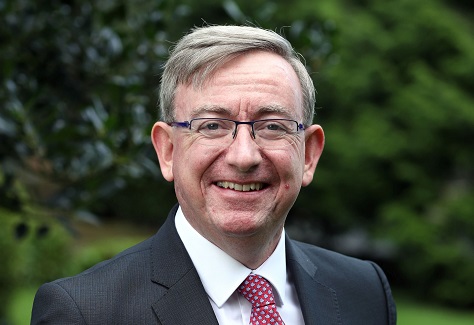
On first reading of this diverse collection of articles on Equality, Diversity and Inclusion, I was particularly struck by Anne Scott’s reflection on equality, diversity and inclusion as “a journey”, and by Niamh Reilly’s description of the fish in Elizabeth Bishop’s poem, The Fish, “cast as a fellow traveller in life and a survivor of the injuries and violence that it too often entails”.
Like the river itself, and for the fish in it, there is a sense of a journey in this Cois Coiribe, captured by this confluence of sentences and sentiments.
A journey of a day, of a life and of life interrupted. A journey of individuals and institutions, of organisations sometimes mal-organised. A linguistic journey, a journey of growing up, for adults as well. A journey which explores our accessibility, both emotionally, through empathy, and physically and metaphorically, along footpaths and through doors. A career journey that brings us here and a journey of education that brings us to new places, for others. A journey which expands our horizons as to what equality, diversity and inclusion means – and for whom.
A journey that is not without maps. And a journey that is, hopefully, not without end.
There is a phrase as Gaeilge, giorraíonn beirt bóthar, two people shorten the journey. This is often taken to mean as one shortening the road for the other. Both, however, benefit. Both enrich each other’s experience. In this perspective, the road is not made longer for one if it is shorter for the other.
Likewise, equality, diversity and inclusion is often taken as one group including the other, almost by way of a favour. Both, however, benefit. Both learn from each other and, in the journey, equality, diversity and inclusion is about welcoming all the talents of our society, all the experiences in our society, each shortening the road for the other. The contributions here are emblematic of that journey and I thank all the contributors for their mappa mundi.
As people who learn, as a learning organisation, this is education for us all.
Fáilte go Cois Coiribe.